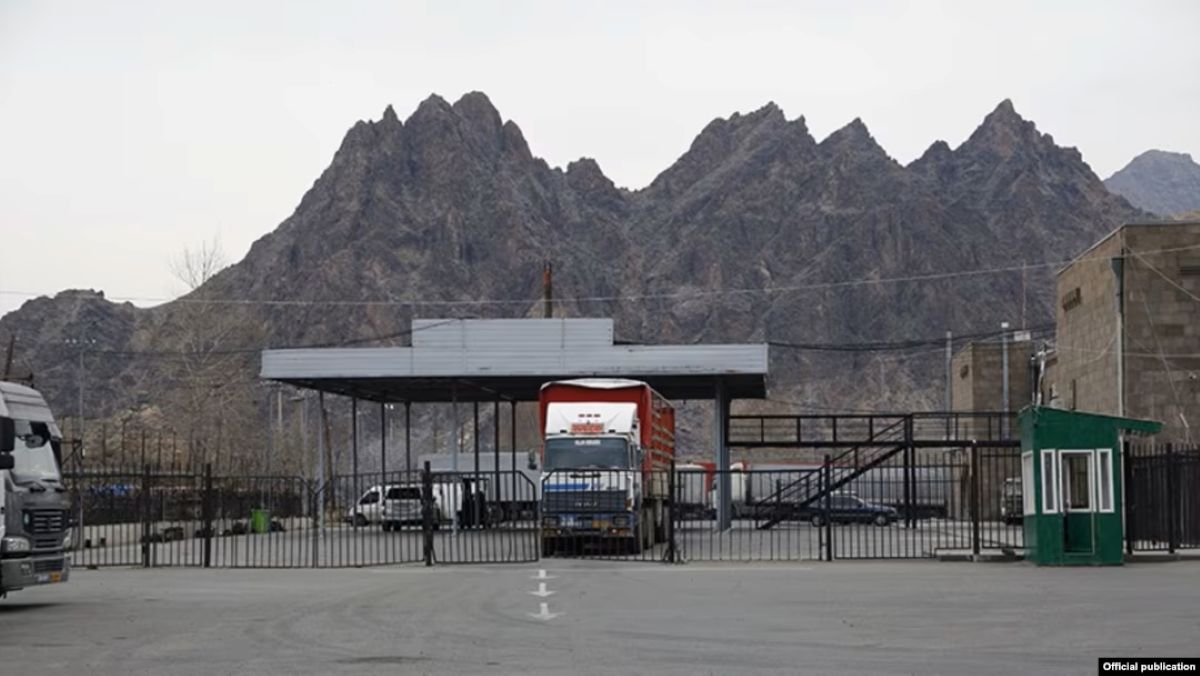Monday round-up of headlines from the Caucasus
Important
● Thousands took to the streets in Yerevan over the weekend to demand the resignation of prime minister Nikol Pashinyan who they say betrayed Karabakh by signing the trilateral agreement that ended the recent hostilities over the region.
The united opposition issued an ultimatum: Pashinyan must step down by noon on December 8; if he doesn’t, civil disobedience campaigns will be launched across the country.
● The majority of the opposition parties have already agreed on who will replace Pashinyan once he goes: Vazgen Manukyan who has served as Armenia’s prime minister before – for a short time after Armenia declared independence in the early 1990s. Not everyone in the opposition supports his candidacy, though.
● Pashinyan himself has signalled he won’t be resigning. The second Karabakh war is, in many ways, a result of the diplomatic failures of Armenia’s previous governments that “legitimized Azerbaijan’s aggression”, he said.
● Meanwhile, Azerbaijan has, for the first time since the war broke out on September 27, revealed the number of its servicemen killed in it – 2,783. Currently, 103 of them are being identified using the DNA analysis, and over 100 others are considered missing, the Azerbaijani defense ministry reported.
● The Lower House of the French Senate passed a resolution calling on its government to recognize Nagorno-Karabakh, days after the Upper House did the same thing. And even though the country’s foreign ministry rushed to declare that France did not recognize Karabakh as an independent state, Azerbaijan handed a note of protest to the French ambassador, condemning the resolution as contradicting the principles of international law.
More on Karabakh
Armenian authorities insist on “de-occupation of Nagorno-Karabakh”
Moment of silence in Azerbaijan for those killed in Second Karabakh War – VIDEO
Also important
● “Cryptocurrency mining, worn-out equipment and outstanding electricity bills are three main reasons why Abkhazia’s energy sector is in a deep crisis today. And the only way out is, apparently, for the Abkhaz energy system to be handed over to Russian companies” – JAMnews’ Inal Khashig reports from Abkhazia as the republic suffers massive daily blackouts.
● Opposition parties in Georgia say they are ready to hold a new bout of negotiations with the ruling Georgian Dream party. Before they do, they continue to boycott the parliament, and their main demand – that new parliamentary elections be held – remains in force.
● The family of Inal Dzhabiev, a young man killed and presumably tortured to death in police custody in South Ossetia in August 2020, has been protesting again. The new round of protests is connected with the conclusion of an official examination, which names the cause of death of Dzhabiev ‘withdrawal symptoms.’
The family rejects the result of the study and states that the protesters will not leave until a fair investigation is conducted and those responsible punished.
Opinion
“The opposition [in Georgia] is risking its future by refusing to work in the parliament. If the ruling party manages to create a government that can overcome the political and economic crisis, the opposition will lose public confidence. The Georgian Dream is risking its future, too. If it remains in the parliament by itself and is unable to cope with the crisis, then it alone will be responsible for all the consequences, which would be akin to burying itself, in the political sense,” Tornike Sharashenidze of the GIPA University reflects on the political crisis in Georgia.
Features
“When I’d come out as HIV-positive, only a few people continued to communicate with me, as even close friends shunned me. I felt unwanted and unwelcome,” says Tamuna, 36. She contracted HIV eleven years ago while in prison. She doesn’t know how she was infected. She thinks it may have happened either during the operation she had to remove her cecum, or from a visit to a dentist’s. JAMnews has looked into how stigma and discrimination remain an insuperable problem for HIV-positive people in Georgia.
Other headlines
NATO-Georgia cooperation gets a boost “amid growing Russian presence in the region”
Georgia’s libertarian opposition party Girchi splinters after “internal disagreements”
Tbilisi activists demand better measures to fight Covid-19 after series of “preventable deaths”
And, finally, Covid-19 tally
Georgia: 162,475 confirmed cases, including 1,504 fatalities, and 133,511 recoveries
Azerbaijan: 146,679 cases. 1,632 people have died, 88,497 others recovered
Armenia: 141,937 cases, including 2,326 deaths and 116,798 recoveries


















